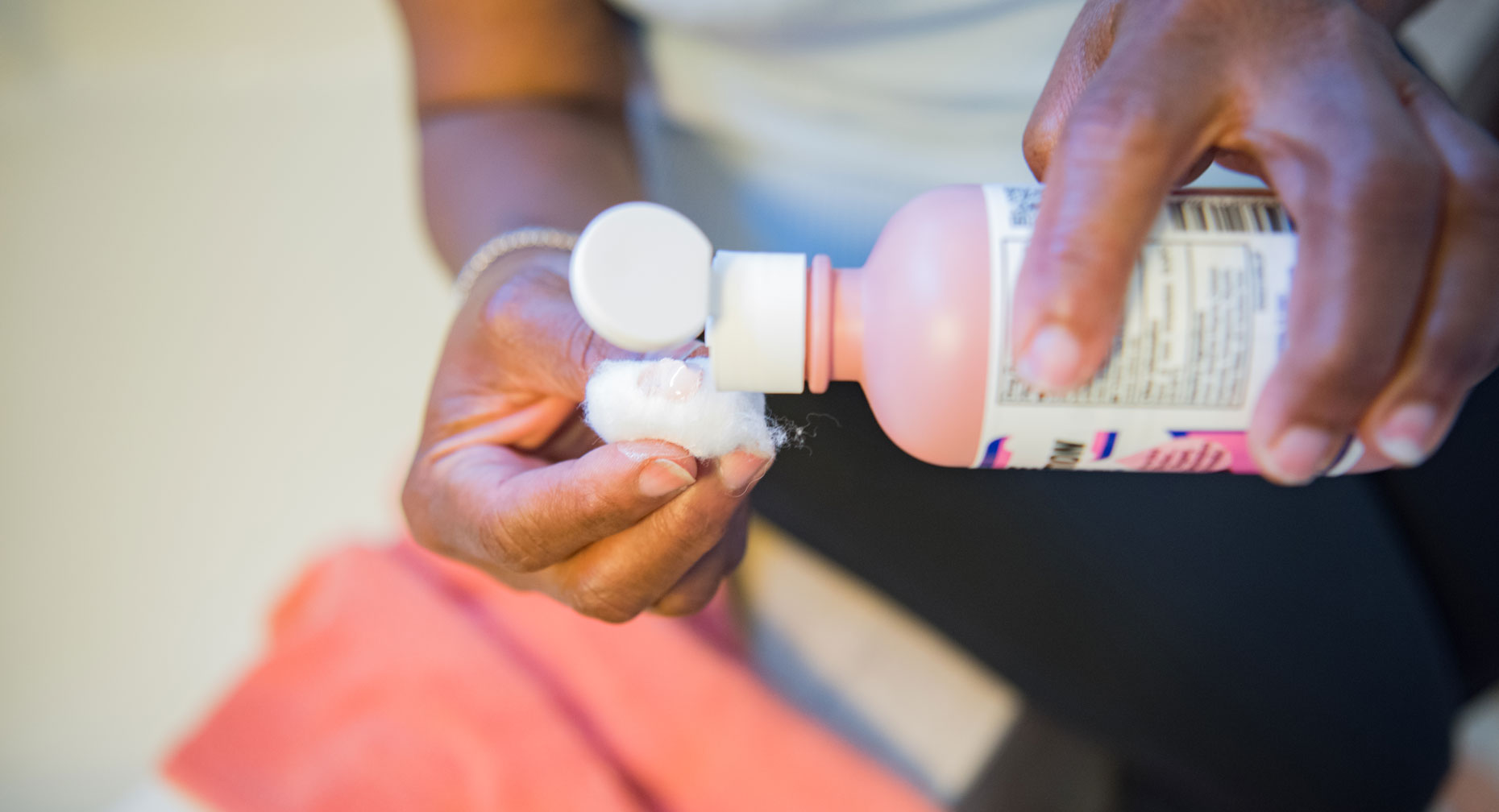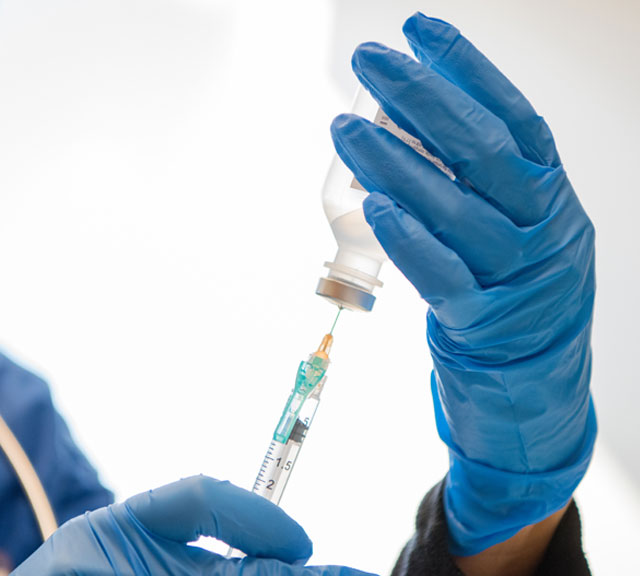Shingles: Chickenpox, Revisited

Answer a few questions and we'll provide you with a list of primary care providers that best fit your needs.
Did you know that if you had chickenpox, you’re at risk for developing shingles? That’s because the chickenpox virus can reappear years or, more commonly, decades later as shingles
Family physician Elizabeth Barrett, DO, explains the connection between the two diseases. “Shingles is the same virus that causes chickenpox. Once you’ve had chickenpox, the virus actually never leaves your body; it just lays dormant. It doesn’t cause symptoms unless it resurfaces later in life. If it does eventually resurface, that’s what we would call shingles.”
According to the Centers for Disease Control (CDC), nearly one of every three people in the United States will develop shingles in their lifetime. The risk increases as you get older, which is why most cases occur in people age 50 and older. “And because in the United States more than 97 percent of adults have either had or been exposed to chickenpox, nearly all adults are susceptible to shingles,” says Dr. Barrett.
If you think that you might have shingles, it’s important to reach out to your doctor quickly.
How Will I Know If I Have Shingles?

Just like chickenpox, shingles shows up in the form of blisters that are small, red and itchy. But unlike chickenpox, shingles usually appears as a band, strip, or a small area on one side of the face or body. This rash, which can be extremely painful, might also show up around the eye, one side of the face or neck, or even in the mouth. The blisters typically scab over in seven to 10 days and clear up within two to four weeks.
Other symptoms include fever, headache, chills and upset stomach. If shingles gets in your eye, it can cause serious problems, including ulcers in your cornea and glaucoma.
Dr. Barrett explains that if you have shingles, you’re contagious to people who:
- Never had chickenpox
- Have a weak immune system
- Are pregnant
- Are infants and low-birth-weight babies
Shingles cannot be passed from one person to another, but the virus that causes shingles can spread and cause chickenpox in these at-risk individuals. To avoid spreading the virus:
- Cover the rash
- Avoid touching or scratching the rash
- Wash your hands often
- Avoid contact with people described above
Can Shingles be Treated?
Several antiviral medicines are available to shorten the duration and severity of shingles. If you think that you might have shingles, it’s important to reach out to your doctor quickly. That’s because, to be effective, these medicines must be given within the first 72 hours of the appearance of the rash.
Home remedies, such as wet compresses, calamine lotion and colloidal oatmeal baths, can also help ease the discomfort. Because shingles is so painful, Dr. Barrett recommends asking your doctor about prescription-strength pain medication if over-the-counter pain medications do not give you enough relief.
Up to 15 percent of adults who get shingles will have pain that lasts months or even years, says Dr. Barrett. “Their rash will be gone and their skin completely clear, but they still have burning and tingling pain where the rash previously appeared.”
How Can I Prevent Shingles?
Currently, the only way to reduce the risk of getting shingles is to get vaccinated. Called Shingrix®, the vaccine is recommended for adults starting at age 50. In clinical trials, it's been shown to be 90 percent effective. Shingrix® is given in two doses, two to six months apart.
Additionally, preventing the chickenpox early in life can prevent shingles later. Fortunately, now there's a vaccination to prevent chickenpox that's recommended for children. Ask your child’s pediatrician about the chickenpox vaccination.
Answer a few questions and we'll provide you with a list of primary care providers that best fit your needs.
Source: Centers for Disease Control and Prevention; National Institutes of Health; Medline Plus; Elizabeth Barrett DO, Premier Health Primary Care - Beavercreek





